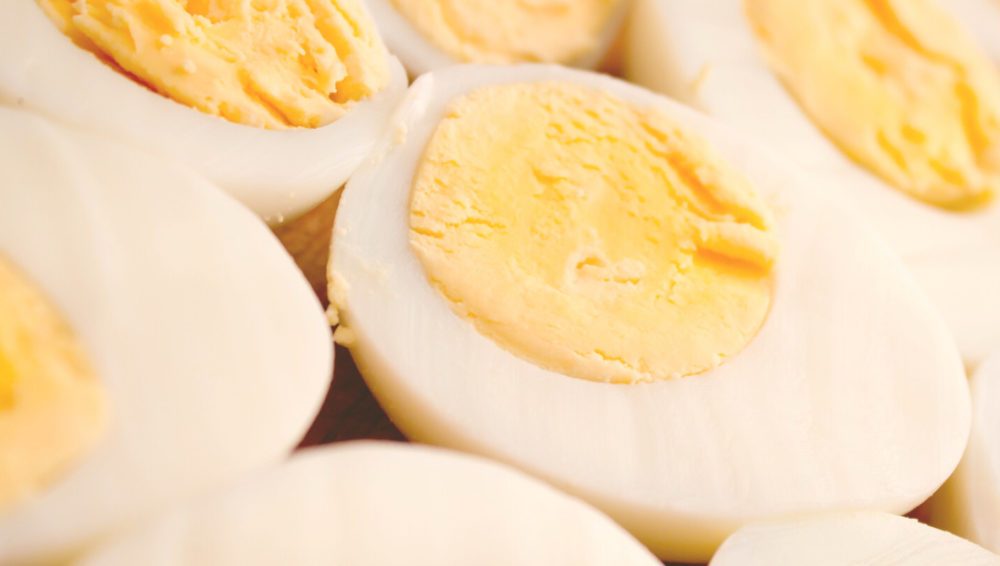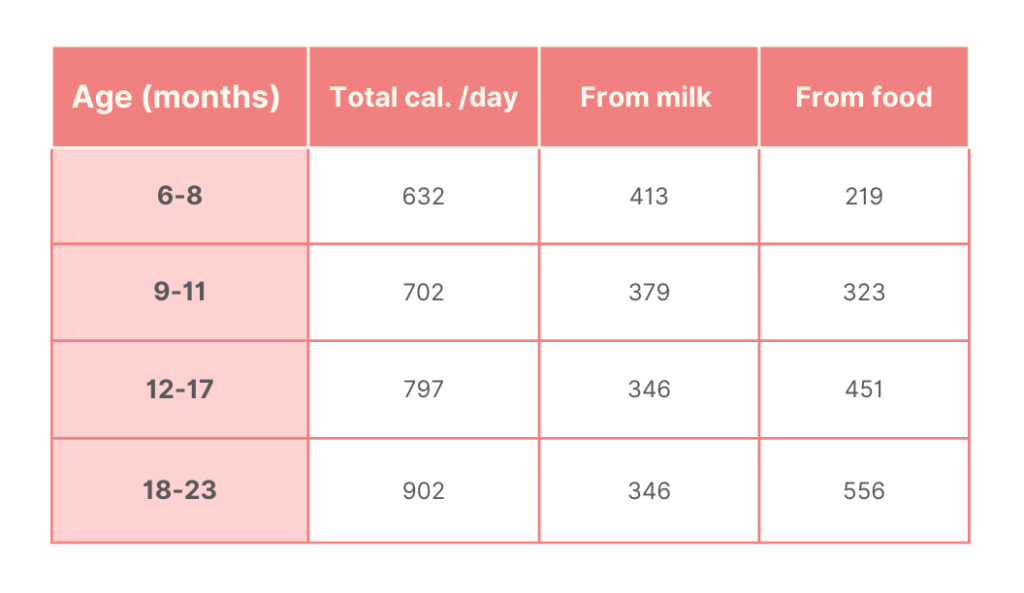Baby recipes: eggs

Boiled Eggs are excellent protein sources for Your Child. The soft texture makes it easy to chew on even without any teeth.
Recommended recipe: Egg muffins with broccoli
This recipe is a perfect on-the-go snack that Your Child will enjoy. These muffins are freezer-friendly and are made with only 3 ingredients.
Ensure your child does not have allergies to any of the ingredients and is familiar with chewing before trying this recipe.
Ingredients
- 6 large eggs
- 1/4 cup milk
- 1/2 cup broccoli, chopped into small pieces.
- 1/2 cup cheddar cheese, shredded.
Recipe
- Preheat the oven to 375 F (190 C) and prepare a muffin tin with liners
- In a small bowl, whisk the eggs and milk together. Add chopped broccoli and cheddar. Stir until incorporated
- Distribute the mixture evenly among the muffin liners
- Bake for 20 – 25 minutes until the eggs have set and the cheese is golden brown. Let it cool before serving
Store in an air-tight container in the refrigerator for up to 3 days, or in the freezer for up to 3 months.
Why are they good for Your Child?
Eggs are complete protein foods. Consuming one egg a day can provide Your Child with the protein needed for the entire day. Eggs contain Choline which is essential for brain development and Vitamin D which is essential for calcium absorption into the little one’s body. Read more about eggs here.
What to consider
Make sure the eggs are fully cooked and the yolks are solid. Raw or undercooked eggs can contain bacteria that can cause food poisoning.
When can Your Child start eating eggs?
You can give Your Child eggs as a source of protein once the little one is around 6 months old. Prior to 6 months, babies’ digestive systems may not be mature enough to handle the proteins found in eggs.
Boiled egg recipes
- Hard-boiled eggs: these can be mashed, finely chopped, or served in pieces
- Scrambled eggs: whisk together one or two eggs and a splash of milk, and then cook in a pan over medium heat until the eggs are fully cooked. Mash or finely chop the eggs before serving
- Egg salad: mix finely chopped boiled eggs with mashed avocado and a little bit of olive oil and salt You can also add in some finely chopped boiled carrots, or vegetables that Your Child’s already tried before
How much should Your Child eat?
WHO recommends that infants start receiving complementary foods at 6 months of age in addition to breast milk or formula. Initially, they should receive complementary foods 2–3 times a day between 6–8 months.
The daily calories distribution between milk and solid food are as follows:

Introducing new food
Try to introduce the food when Your Child is hungry, and try to keep it to one ingredient at a time to spot any allergic reactions. Learn more about introduction to solid food here.
Caution
If you do baby-led-weaning, make sure you know everything about the method, including knowing the difference between gagging and choking, and knowing what to do in case of an emergency.



